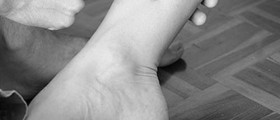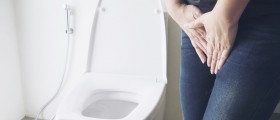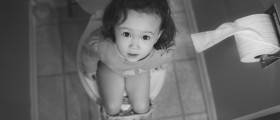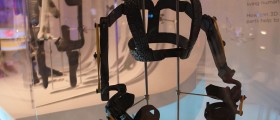
Enuresis or bedwetting is a problem that affects many children. Strictly speaking, the term enuresis refers to any type of involuntary or uncontrolled urination, whether it is nocturnal or diurnal. However, many times it simply means bedwetting, especially if it is associated with children.
About enuresis
Infants or very young children are not yet able to control urination. In time, they learn to control their urge to void the bladder. Therefore, the inability to control urination in such young children is not a problem, because it is a normal developmental phase. However, if the child reaches an age where he or she should be able to control urination and if he or she has already learned how to do it, but still urinates in bed during night, it is called enuresis or bedwetting.
Most children grow out of bedwetting quite successfully and never suffer from that problem again. Still, bedwetting is often a source of great stress, frustration and embarrassment, both for the child and for the parents. For them, there is a wide range of options and solutions available, from therapy, certain training techniques and medications. Bedwetting alarm is one of the popular solutions for this problem that has been proven effective in many cases.
Bedwetting alarms
A bedwetting or enuresis alarm is a device that alerts the child when he or she starts urinating during sleep, so the urination can be completed in the bathroom. This device has a sensor that reacts to wetness and the sensor goes inside the underwear or over the pajamas. The sensor is able to pick up the slightest wetness and it goes off the second the child starts urinating. The sound from the device wakes the child up so he or she can go to the toilet and finish urinating there.
Over time, the sound of the alarm becomes associated with the urge to empty the bladder, so the child can wake up when he or she needs to go to the bathroom.
These bedwetting alarms are perfect for children aged between five and seven years. Generally speaking, occasional bedwetting before the age of five is still not considered a major problem. On the other hand, older children should be able to find out their own ways to recognize the urge to urinate and to act on it appropriately.
There are different types of devices on the market today- wearable alarms, padded and wireless alarms. The parents should choose the alarm together with their child, according to his or her needs and the effectiveness and comfort that different alarms offer.
















Your thoughts on this
Loading...